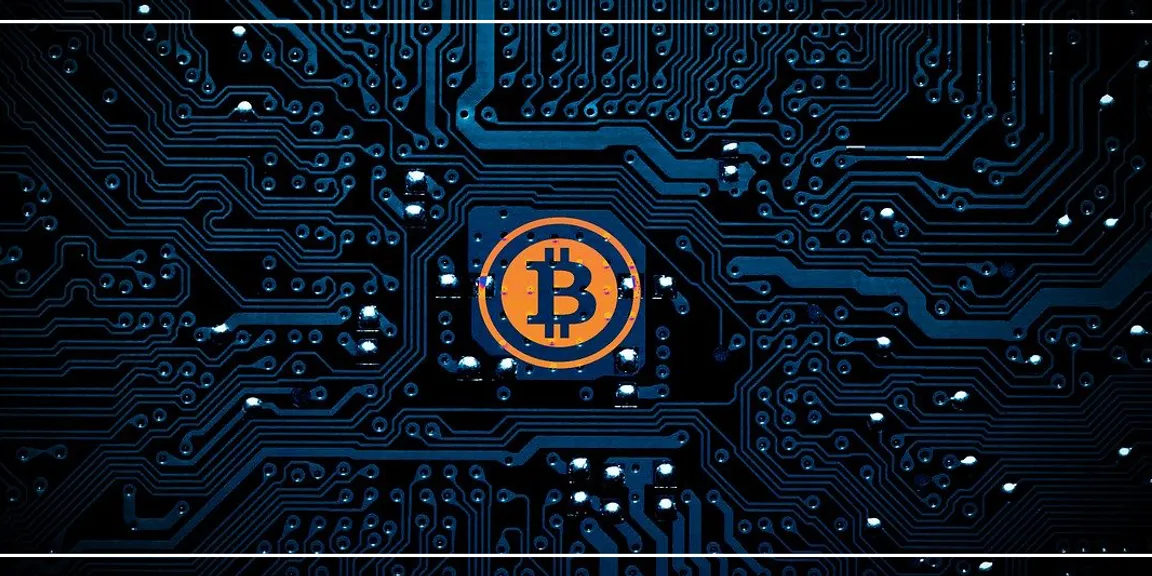

Is Bitcoin Legal In India 2020 - Everything Need To Know
India has come into play after India's Supreme Court lifted the banking ban on crypto firms after a year-long hearing.
In March 2020, things took a positive turn, and Bitcoin was declared completely legal in India. This is finally a big win for the Indian crypto enthusiasts and will be part of the Bitcoin country list. The question of whether Bitcoin is legal or illegal in India is now settled, and things take a positive turn in March 2020.
The decision, which the entire crypto community has been waiting for, has finally prevailed and is a big win for the Indian crypto enthusiasts.
India's Supreme Court made a landmark decision, and on March 4, 2020, the ban was lifted and restrictions on trading bitcoin in India lifted. A major win for the entire cryptocurrency community in India, which has benefited from the ongoing legal battle between the RBI and the Reserve Bank of India over the ban on cryptocurrencies. In a landmark decision, the Supreme Court ruled that the RBI's circular placement ban on cryptocurrencies is illegal and will be lifted in March 2020.
In other words, all crypto activity, including investment and trading, will soon be legal in the country. The move has been widely welcomed by crypto-investors and traders and is a major win for the entire cryptocurrency community in India and the global cryptocurrency community.
In 2018, the Reserve Bank of India (RBI) shocked the cryptocurrency world and helped drive up the price of cryptocurrencies by banning banks from working with crypto firms. The RBI promptly launched a review and succeeded, and India's Supreme Court overturned its ban in a detailed 180-page ruling that criticized the bank's decision to tighten up on money laundering and terrorist financing by forcing it to make it more difficult to prosecute.
According to a circular issued by the Reserve Bank of India (RBI) in April, the central bank banned local banks from trading in bitcoin and cryptocurrencies.
Last month, India's Supreme Court gave the government four weeks to draft a regulatory framework for cryptocurrencies that would determine the legal landscape of the cryptocurrency market in India for the foreseeable future. This could be decided as early as next week, depending on the outcome of a hearing on 29 March, which is due to take place in four days. This article is based on an illogical ban on cryptocurrencies, but what does this mean for India's future? Digital currencies will be back in the Indian market as soon as we see the risks posed by cryptocurrencies.
The Supreme Court recently reversed the Reserve Bank of India's decision to prohibit financial institutions from facilitating transactions in digital cryptocurrencies. The ban, which came into force in April 2018, crippled India's cryptocurrency industry. Instead of allowing the trade in cryptocurrencies, however, it decided to impose a comprehensive ban on the use of digital currencies in the country's financial sector.
The lifting of the ban should act as a long-term catalyst for the crypto-industry in the coming years. The crypto market has reacted positively to this important milestone, with the relative stability of the Bitcoin price increasing by more than 50% in just a few days since the ruling.
It all began on April 5, 2018, when the RBI issued a notice to all financial institutions in the country prohibiting them from trading in cryptocurrency-related companies, including cryptocurrency exchanges. India's highest court overturned India's central bank (RBI), which had prevented banks in this country from cooperating with cryptocurrency transactions.
In this blog post, we describe the significance of this decision as well as the implications for the future of the cryptocurrency in India and other countries.
It is a huge achievement for the crypto-industry that it has just fought and won the support of the central bank in the world's second-most populous country. The country is the world's second-largest economy, with India considered Asia's largest market for bitcoin and other digital currencies.
The country's top court recently clarified to its top courts that while the country's banks are prohibited from cooperating with cryptocurrency platforms, cryptocurrencies themselves are not illegal or otherwise prohibited in India. India has been left behind in the global adoption of digital currencies, leaving it to countries further east and west, which has made it a breeding ground for bitcoin and other cryptocurrencies. But that may soon change, as India's central bank, the Indian Reserve Bank (RBI), has just clarified its position on the issue.
The affidavit was filed on behalf of Asim Sood, who represents the Internet and Mobile Association of India (IAMAI). The Reserve Bank of India (RBI) has warned India's public about cryptocurrencies, while the central government earlier this year vowed to eliminate all forms of money it considers illegal, such as money laundering.
But even with this in mind, there is no blanket ban on Bitcoins in India, as it is only a committee recommendation and no law has yet been drafted. In this regard, a ruling by the Supreme Court of the Indian Financial Services Commission (FSC) on 25 February 2019 also called on the Indian government to develop a regulatory policy for cryptocurrencies. For those who have already invested in Bitcoin or held the cryptocurrency, various media reports suggest that individuals could be given three months after the ban takes effect to have their assets at their disposal.





